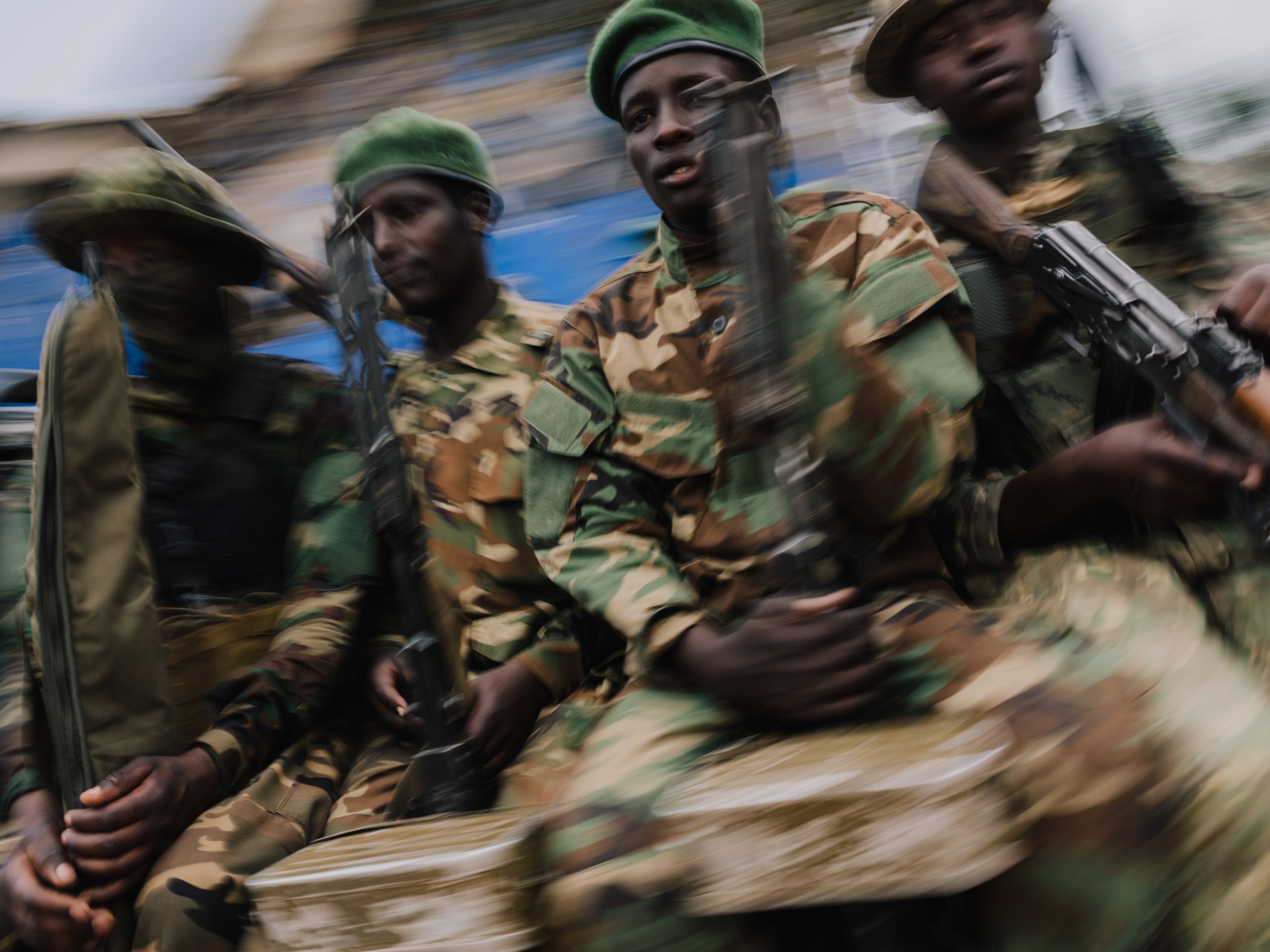Eastern DRC has long been a source of human suffering, with its enormous mineral wealth, including coltan, cobalt, lithium, copper, and gold, both of which are essential to modern technology. One of the most protracted humanitarian crises in history has been caused by this mineral richness, which has resulted in the displacement of nearly three million people and regular outbreaks of disease. In this cycle of violence, the M23 rebel group, widely believed to be supported by Rwanda despite Kigali’s denials, has reportedly made significant profits each month from illegal taxation and control of mining regions like Rubaya. The group’s resurgence, which coincides with a rise in global demand for these strategic minerals, demonstrates how deeply rooted economic interests are in the area’s instability.
Standard rules for territorial integrity, disarmament, and refugees’ return were included in the joint statement from the Washington peace talks. The mineral sector was glaringly absent from the official text, despite this. That omission is astounding. The Trump administration’s renewed diplomatic stance came after Congolese President Felix Tshisekedi offered to facilitate direct US investment in the nation’s mineral wealth, according to multiple reports. In fact, sources with knowledge suggest that US-DRC minerals agreement negotiations are ongoing in parallel but related ways. The goal ? A clear geopolitical role in the global search for strategic minerals to increase US access to important resources and stop China’s long-standing dominance of Africa’s supply chains.
The DRC’s history has a tragic and pervasive pattern, which is deeply alarming because of the intertwining of peace and mineral interests. The Congolese people have hardly ever been the recipients of their own land’s bounty, from the atrocities committed by King Leopold II in Belgium, where millions of people perished under forced labor regimes. A kleptocratic regime that channeled mineral wealth into personal and elite enrichment, further weakened governance, Mobutu Sese Seko, who was in charge of it after independence. The struggle for control of mineral-rich regions was a key factor in the Congo Wars, which were frequently referred to as “Africa’s World War,” with both regional and international actors battling for illegal access.
The DRC’s alleged “resource curse” is at its core: extensive natural wealth causes poverty, conflict, and systemic corruption. Exploitation occurs when resource deals are made in the middle of a conflict through opaque agreements that favor foreign corporations, a tax avoidance strategy, and a fair revenue-sharing arrangement for local communities. The effects are severe: violent displacement, degradation of the environment, and the strengthening of corrupt networks that steal national wealth. Communities forced into unsafe mining operations (including children), exposed to widespread sexual violence that is used as a weapon of mass extermination, and the human cost is unimaginable.
This “peace deal” is at risk of becoming a new neo-colonial tool. Neo-colonialialism allows foreign powers to rule through economic means, as Kwame Nkrumah et al. warned. Foreign investment is used in this context to close the gap between resource-rich African countries and wealthy consumer economies, rather than to build. An insatiable appetite routinely outweighs human rights, environmental protections, or national sovereignty due to the high global demand for essential minerals, which range from smartphones to electric vehicles.
Realizing peace must include more than just ending war, in the eyes of the Congolese people. It must mark the beginning of self-determination, where the nation’s resources are managed justly and transparently for the benefit of its citizens rather than as bargaining chips in global power conflicts. The mediating powers, including the US under Secretary of State Marco Rubio, have a significant responsibility to make sure any accompanying economic agreements are thoroughly scrutinized. They must demand complete impunity, robust environmental and social safeguards, and a firm commitment to a fairer, more equitable distribution of wealth within local communities.
Anything less would be a tragic extension of a colonial legacy, a deliberate cynical exchange of temporary calm for persistent plunder, and undermine the very principles of justice and sovereignty that a truly postcolonial world must uphold. Instead of just reshaping the chains of exploitation, the Congolese people deserve peace that frees both their land and their lives.
Source: Aljazeera

Leave a Reply